How Wollstonecraft Perceived Women's Degradation in Her Time
VerifiedAdded on 2020/10/22
|6
|1198
|158
Essay
AI Summary
This essay examines Mary Wollstonecraft's perspective on the degradation of women in the 18th century, as presented in 'A Vindication of the Rights of Women.' Wollstonecraft argued that traditional societal attitudes and lack of education confined women to a domestic sphere, rendering them dependent on men and preventing them from exercising their full potential. She criticized the education system for its focus on superficial accomplishments and argued for equal education for women, emphasizing the importance of intellectual development and critical thinking. Wollstonecraft believed that women's lack of education and societal expectations of them as merely decorative beings led to their perceived inferiority, hindering their ability to participate fully in society and form equitable relationships. She advocated for women to be treated as rational beings, capable of contributing to both family and society, and for marriage to be based on friendship and mutual respect rather than mere dependence. The essay highlights Wollstonecraft's call for a transformation in social conditions to ensure true freedom and equality for both men and women, emphasizing the need for women to be educated to be better mothers and partners.
1 out of 6
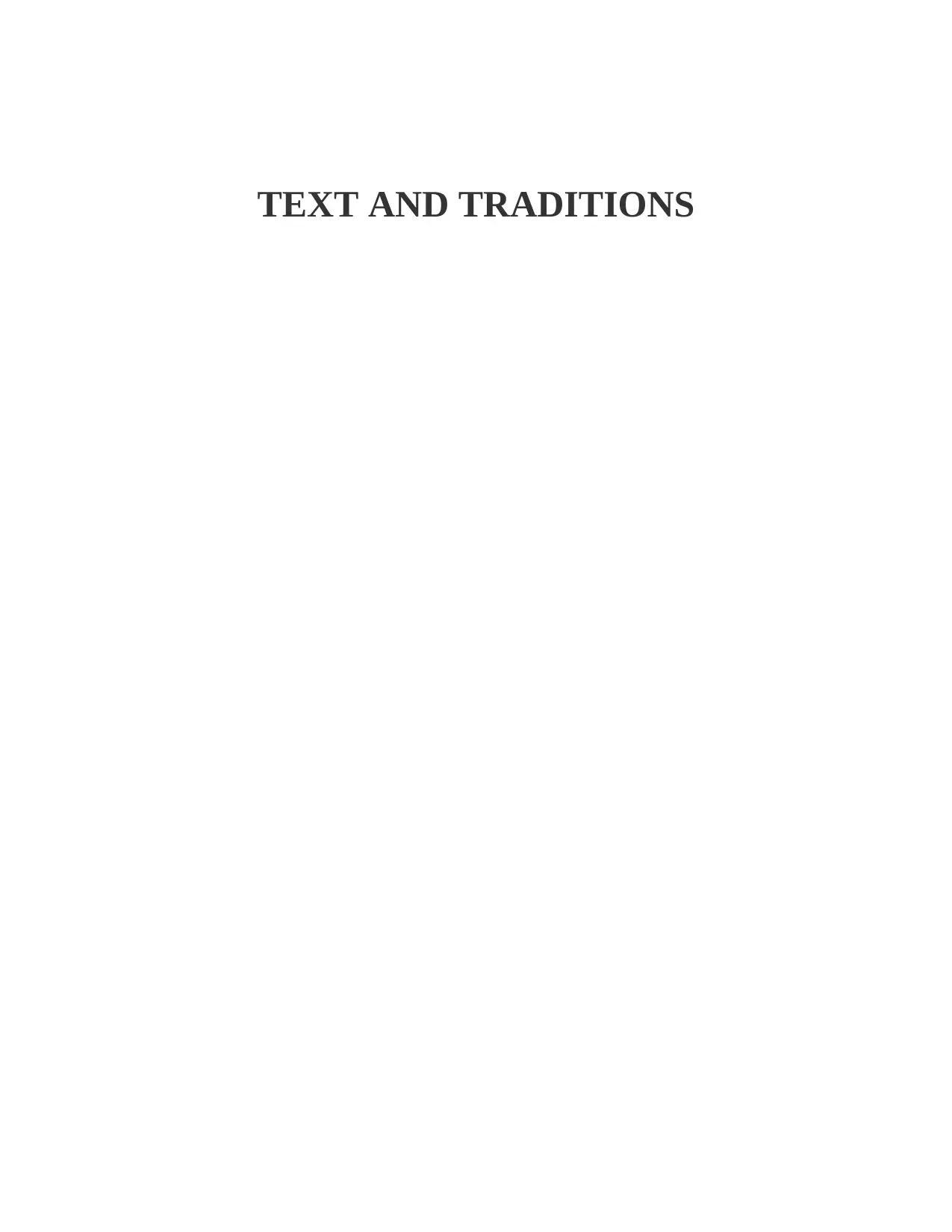
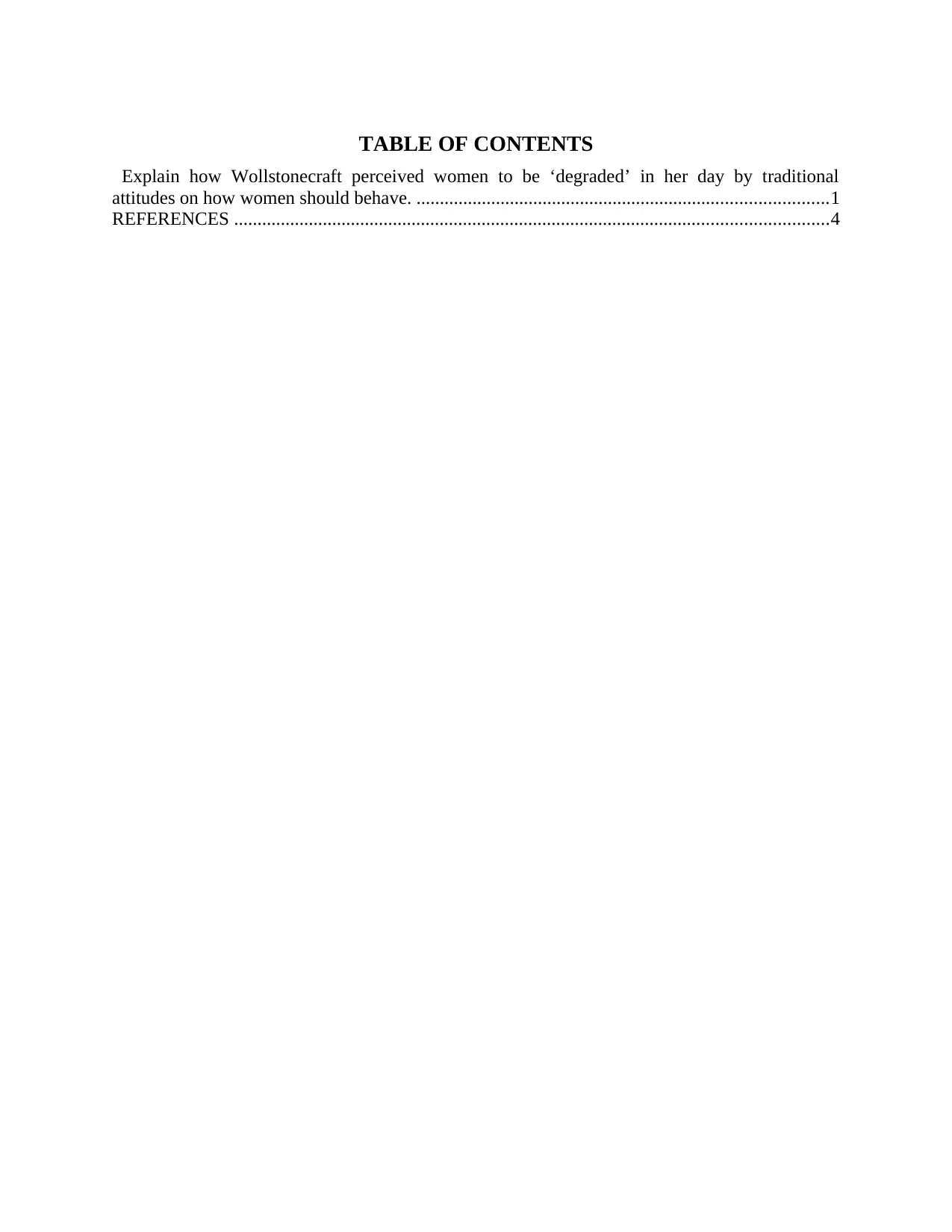
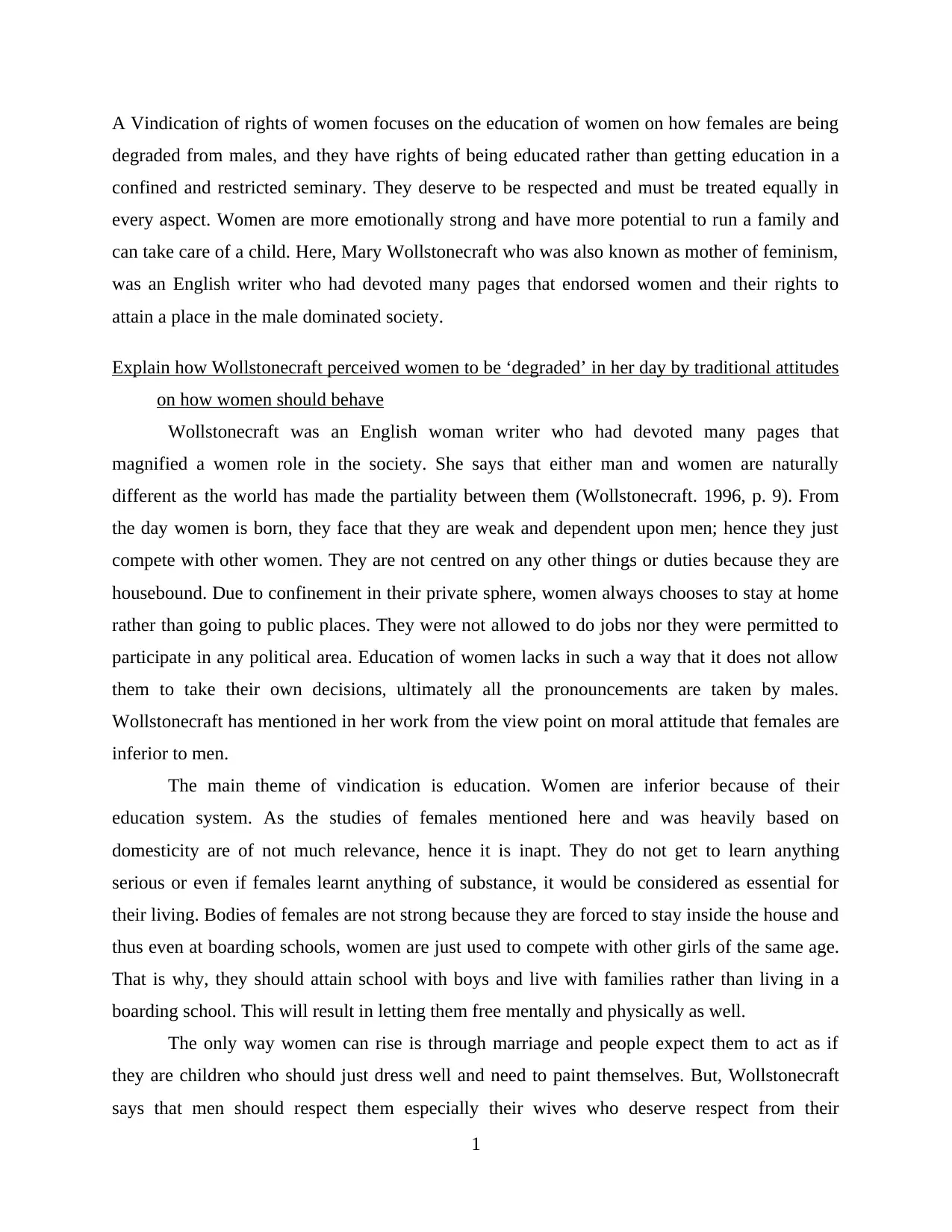

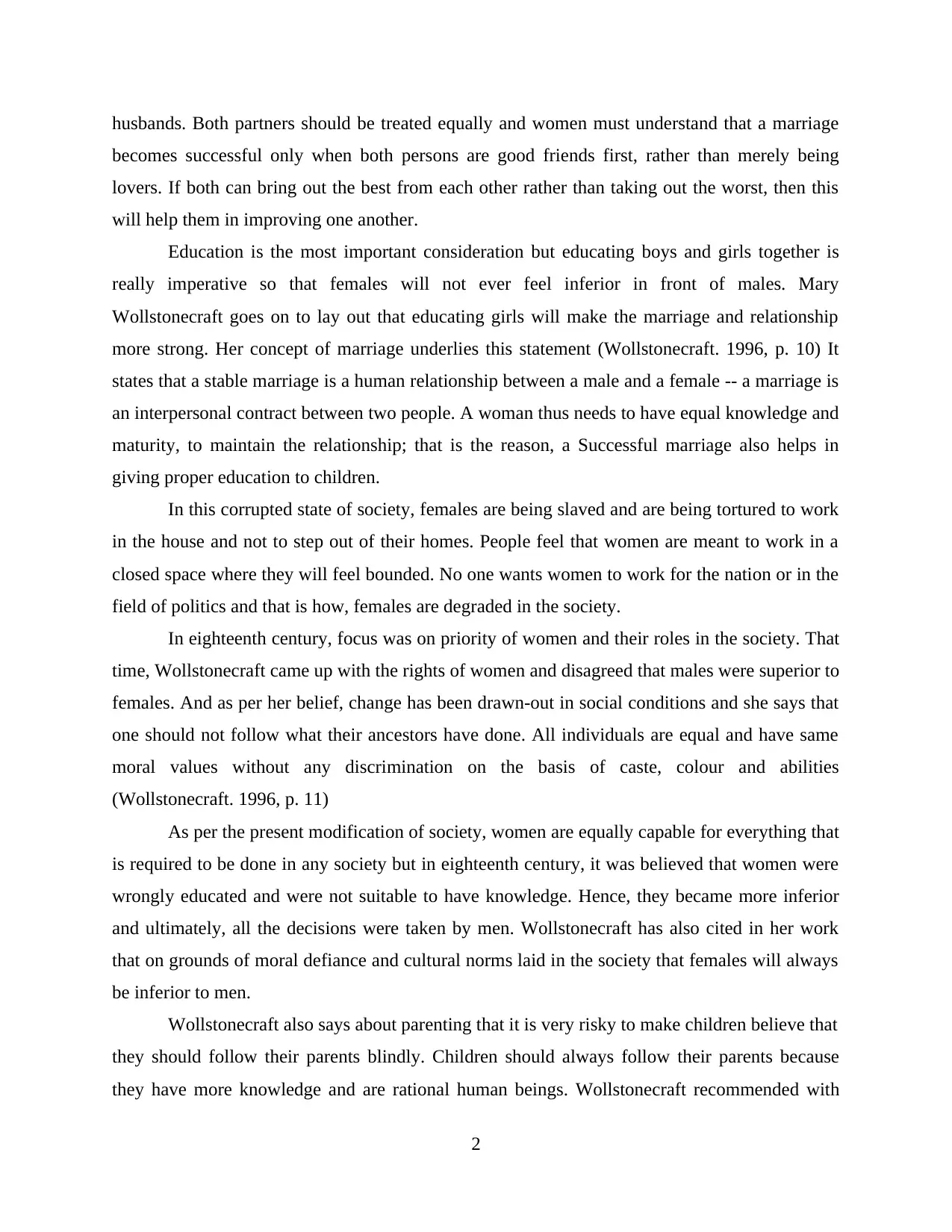
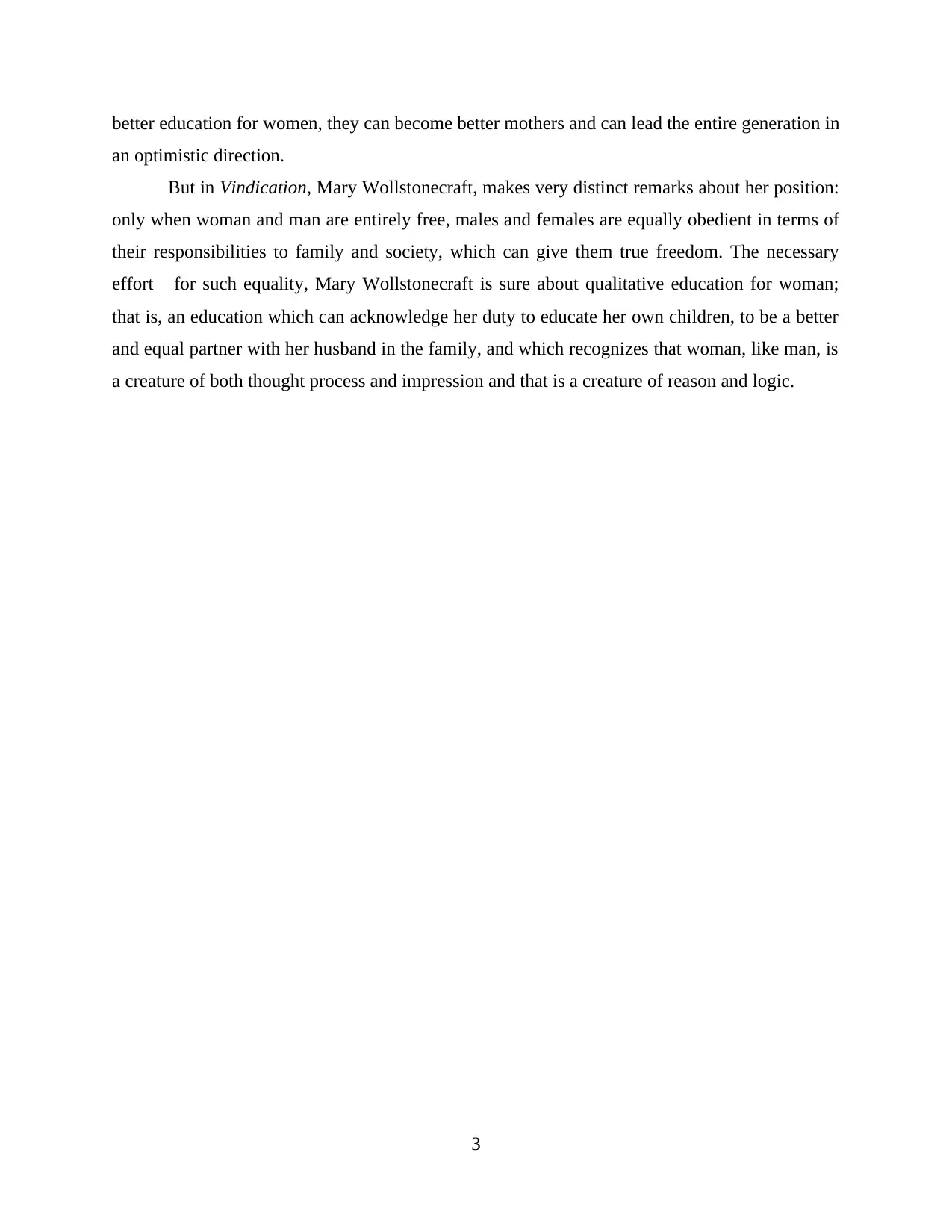
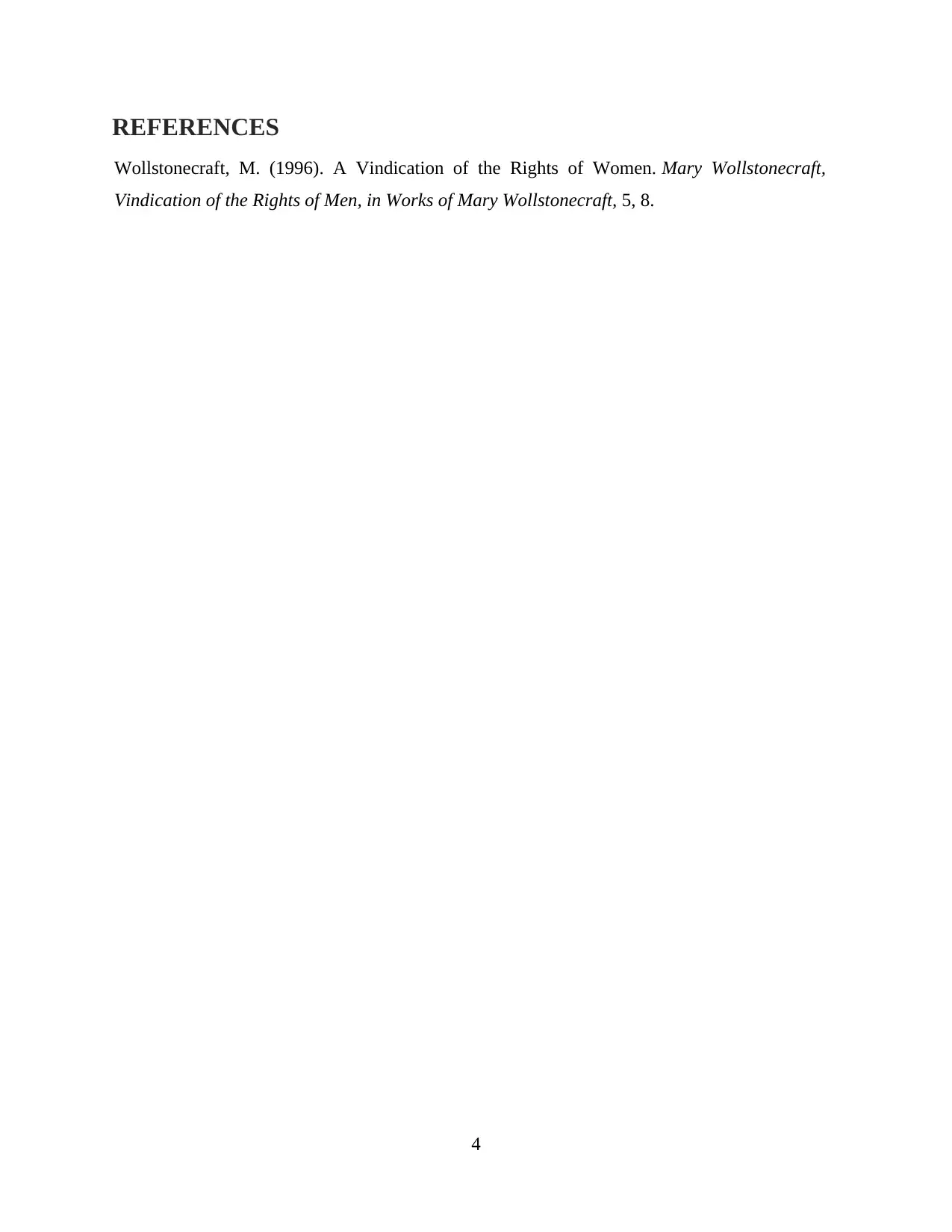






![[object Object]](/_next/static/media/star-bottom.7253800d.svg)